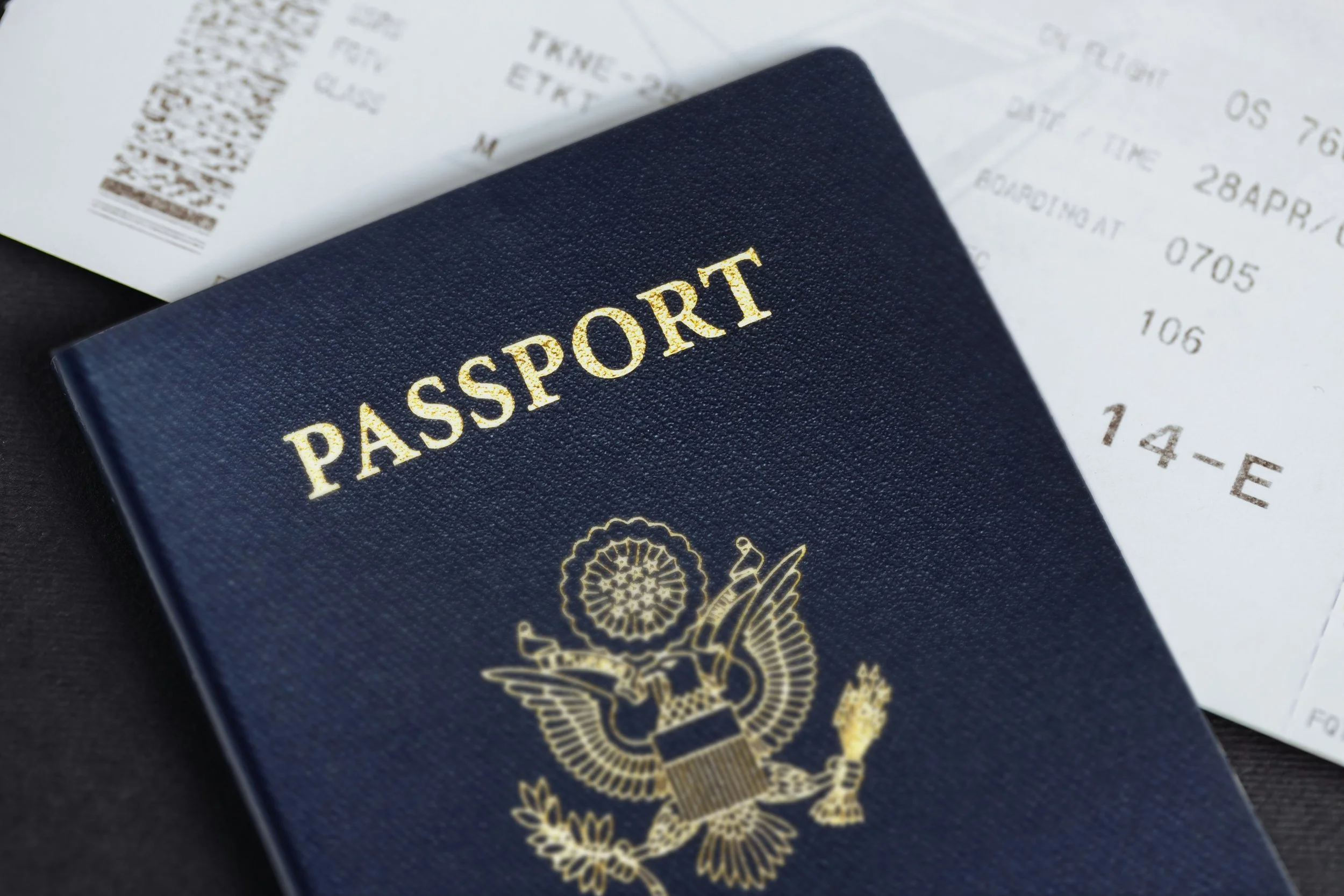When Visas Turn to Claims: The Rise of Students and Workers Seeking Refuge in Canada
Canada is witnessing a notable uptick in the number of international students and work permit holders who are filing refugee claims. While still a small fraction of the total, the increase reflects shifting dynamics in immigration, limited permanent pathways, and growing uncertainty among temporary residents. For permit holders considering refugee protection, it’s critical to understand the legal risks, restrictions, and best strategies.
The Surge in Claims
In early 2025 alone, 5,500 asylum claims were filed by international students, a 22% increase compared to the same period in 2024. During 2024, Canada recorded 20,245 asylum claims from international students, nearly double the 2023 number and six times the volume in 2019. From 2018 to 2023, refugee claims by international students increased by 646%, though critics warn that public discourse often ignores that students remain a small proportion of all claimants (only about 8% of new claims in 2023).
Analysts attribute this trend partly to restrictions in permanent residency pathways, caps on student permits (for example, IRCC introduced a cap on study permit issuances to manage pressure on housing and services), and a backlog in PR processing. A Policy Options article also cautions that raw numbers must be matched with context: even with many students claiming asylum, they still represent less than 2% of all international students in Canada.
While less reported, some work permit holders are also turning to refugee protection as a last resort. Though detailed public data is scarcer, the broader pattern suggests that when economic or immigration routes are blocked, some permit holders view refugee status as a fallback, especially where they fear return to persecution or hardship.
Why are Permit Holders Claiming Refugee Protection?
Several pressures push permit holders toward refugee claims:
Permanent residency bottlenecks: Many students and workers find that Express Entry, Provincial Nominee programs (PNPs), or employer-sponsored streams are restrictive or delayed, making a refugee claim seem like an alternative route to stay in Canada.
Immigration policy tightening: Caps or shrinking allocations (for study permits, PR levels) raise anxiety that current pathways may close.
Change in life circumstances: Some permit holders face new risks (political, security, discrimination) in their home countries that were not evident at the time of visa issuance, which they assert later in protection claims.
Lack of other safe options: For some individuals, a refugee claim is the only viable means to remain, especially if they cannot easily return home.
Consequences and Restrictions for Permit Holders Seeking Refugee Protection
Filing a refugee claim as a permit holder is not without risk and comes with certain limitations, including:
Credibility scrutiny: Decision-makers will closely examine whether the risk claimed was known or foreseeable at the time of visa issuance or entry. If a permit holder concealed facts or misrepresented intentions, that undermines credibility.
Admissibility and procedural bars: If the individual has committed immigration violations (e.g., overstaying, misusing permit conditions), they may face inadmissibility issues before a refugee application is even assessed.
Risk of refusal and removal: If a refugee claim is rejected, the person may receive a removal order and be required to leave Canada. This is more serious when a person has a valid permit, because a refusal can disrupt one’s legal status more severely.
Limited access to benefits and programs: Permit holders turned refugee claimants may face delays in obtaining work or health benefits, and sometimes restrictions in their ability to travel or work while their claim is pending (depending on permit status, eligibility, or delays).
Backtracking on permit status: When a claimant files a refugee application, their prior permit (study/work) may be considered expired, changed, or rescinded, meaning they lose the protections that the permit provided.
Policy reforms under consideration: Proposed legislative changes (e.g., a new border or asylum bill) may introduce eligibility bars for refugee claims made after certain time limits or entered after a certain date. For example, a bill introduced in June 2025 would make some foreign nationals ineligible to claim refugee protection if they entered after June 24, 2020.
What Permit Holders Should Consider (Before Filing a Claim)
Permit holders considering refugee protection should take these steps:
Seek legal advice early: Assess whether their circumstances genuinely meet the refugee or “person in need of protection” threshold, and whether there are better PR pathways.
Document evolving risks: Keep evidence of changes in conditions (country of origin, personal safety, political or security deterioration) that support a new claim vs old permit status.
Preserve immigration status: Avoid violations of permit rules; comply with renewal, reporting, and conditions.
Explore alternative immigration routes: Work permits, employer-sponsored PR, PNP streams, or humanitarian/compassionate applications may be more stable than refugee claims.
Timing matters: If policy reforms pass, refugee eligibility windows may narrow; filing sooner may preserve rights.
Why This Matters
The rising trend of permit holders turning to refugee protection raises systemic pressure: more claims increase backlogs, strain resources, and intensify scrutiny. The government is already proposing reforms to curb eligibility and tighten border enforcement. For permit holders, miscalculating or poorly timing a refugee claim can jeopardize their legal standing. But for some individuals facing genuine threat or persecution, a refugee claim is their path to safety when other routes fail. The key is doing so with an informed strategy, knowing risks and alternatives.
✅ How Ayodele Law Can Help
If you currently hold a study permit or work permit in Canada and are considering a refugee claim, don’t make critical decisions without legal guidance. At Ayodele Law Professional Corporation, our experienced immigration lawyers help clients evaluate eligibility, compare options, and build strong claims or alternative pathways.
📞Book a consultation today to give your application the best possible chance of success


